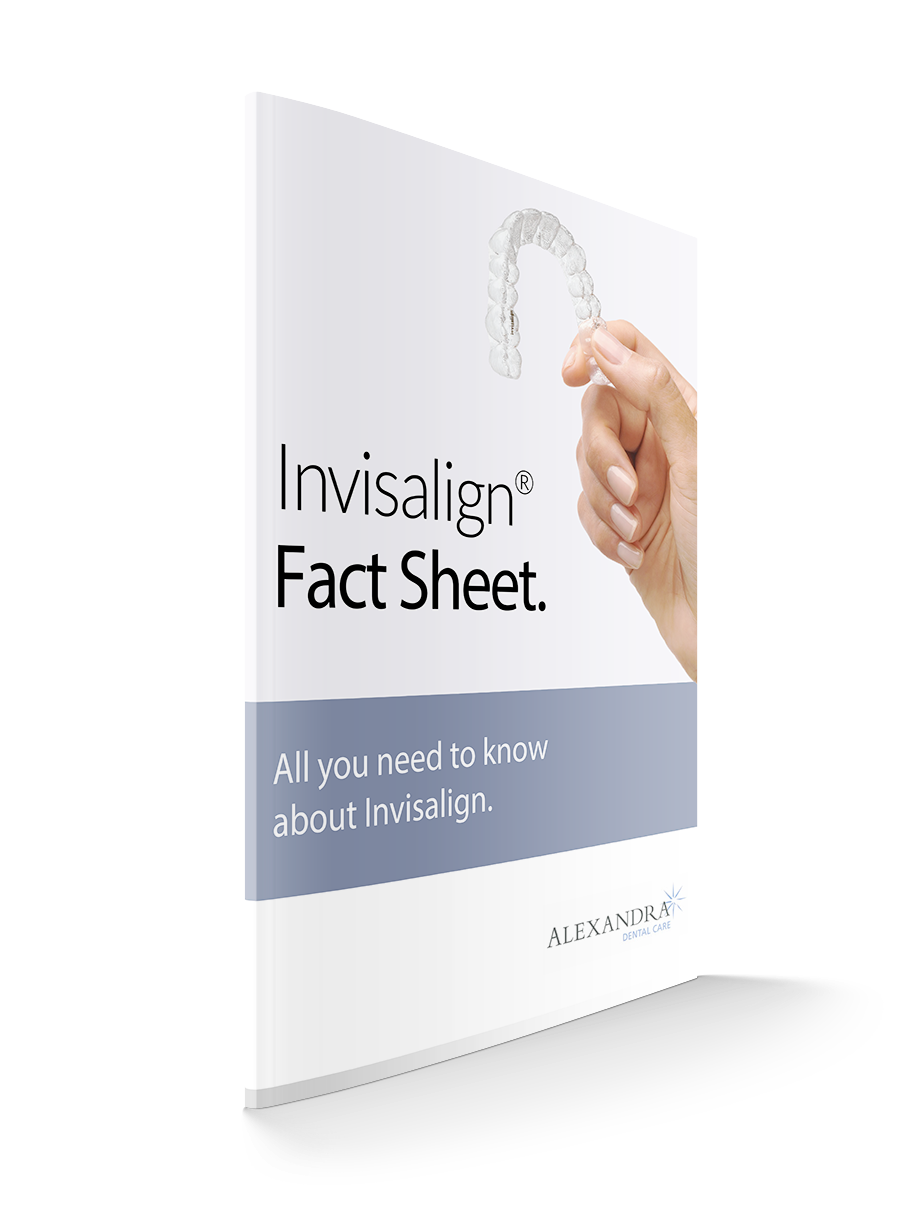‘Sleep Dentistry’ – What Is It?
Methods used to ease the anxiety of nervous dental patients.
If you are afraid of going to the dentist, you may well have done some research, knowing that regular dental visits are essential for a healthy mouth. Where this acknowledgement is combined with anxiety though, theory is not always born out in practice and many nervous patients do miss their dental appointments, to the detriment of their teeth and gums.
Some of you might remember the days when dental ‘gas’ was given to many patients who were about to have an invasive procedure. This would put you to sleep and enable the dentist to perform the procedure effectively. Unfortunately, this method proved to be dangerous for some patients and is no longer allowed without an anaesthetist present. Consequently, procedures done in this manner can only be performed in a hospital environment and not at your dentist.
Local anaesthetics
Instead of gas, dentists now use a powerful local anaesthetic which is injected into the gum in the area that the procedure is to take place. This is very effective and should ensure that no significant discomfort is felt. Some people dislike the sensation of the needle, but interestingly, it is not really the needle itself that you feel, but the anaesthetic entering the bloodstream.
The effect of a local anaesthetic may take a few hours to wear off and it is advisable to avoid using the affected side of the mouth following a procedure, partially to allow the treatment to complete fully, but also to avoid biting your cheeks etc due to lack of feeling.
‘Sleep’ dentistry
Going back to your research, you may well have come across the term ‘sleep dentistry’. This is more widely used on US dental websites and is actually something of a misnomer. Sleep dentistry is what we tend to call ‘conscious sedation’ or ‘IV sedation’ in the UK and does not put the patient to sleep. It is a sedative that is usually administered using a fine needle, into the back of the patient’s hand. As it starts to take effect, the patient may feel a little drowsy and relaxed. You will not fall asleep though, and this is important as your dentist may wish to talk to you during the procedure.
Some patients report that even the lengthiest of procedures seem to fly by without any problem at all. The sedative can stay in your system for 24 hours though, so you should bring an adult with you who can take you home safely. You should also avoid driving or operating machinery for 24 hours, for your own safety and that of others.
Lengthy treatments
IV sedation can even be of benefit for less nervous or even confident patients. Lengthy, invasive dental procedures can be difficult for any patient and IV sedation can make the procedure more pleasant. This is entirely the patient’s choice of course, and we are happy to discuss this option with you before the procedure. At Alexandra Dental Care, we will always try our best to help you remain relaxed and comfortable throughout your procedure, with or without IV sedation. If you are a nervous dental patient and live in the Burton or Ashby areas, please call us on 01283 216347 for further information.
Google+
Comments are closed.